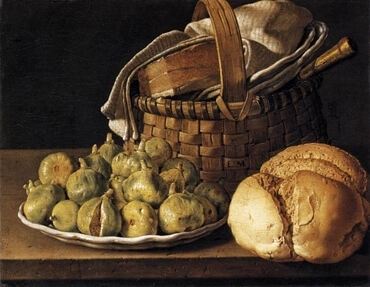1
Riječ Jahvina koja dođe Joelu, sinu Petuelovu.
2
Čujte ovo, starci, počujte, svi žitelji zemlje! Je li ovakvo što ikad bilo u vaše dane il' u dane vaših otaca?
3
Recite ovo svojim sinovima, vaši sinovi svojim sinovima, a njihovi sinovi potonjem koljenu.
4
Što ostavi šaška, proždrije skakavac, što ostavi skakavac, proždrije gusjenica, što ostavi gusjenica, proždrije ljupilac.
5
Probudite se, pijanice, i plačite! Sve vinopije, tužite za novim vinom: iz usta vam je oteto.
6
Jer prekri moju zemlju narod moćan i bezbrojan; zubi su mu kao zubi lavlji, očnjaci mu kao u lavice.
7
Opustoši mi lozu vinovu i polomi smokve moje; oguli ih i razbaca, grane su im pobijeljele.
8
Plačite k'o djevica odjevena u kostrijet za zaručnikom svojim.
9
Nestade prinosnice i ljevanice iz Doma Jahvina. Tuže svećenici, sluge Jahvine.
10
Opustošeno polje, zemlja poharana. Poharano žito, vino propade, presahnu ulje.
11
Tugujte, težaci, kukajte, vinogradari, za pšenicom i za ječmom, jer propade žetva poljska.
12
Loza usahnu, uvenu smokva, mogranj, palma i jabuka: svako se drvo poljsko sasuši. Da, nestade radosti između sinova ljudskih.
13
Svećenici, opašite kostrijet i tužite! Službenici žrtvenika, naričite! Dođite, prenoćite u kostrijeti, službenici Boga mojeg! Jer iz Doma Boga našeg nesta prinosnice i ljevanice!
14
Naredite sveti post, proglasite zbor svečani; starješine, saberite sve stanovnike zemlje u kuću Jahve, Boga svojeg. Zavapijte Jahvi:
15
"Jao dana!" Jer Jahvin dan je blizu i dolazi k'o pohara od Svevišnjeg.
16
Ne iščeznu li hrana pred našim očima? Nije li nestalo radosti i sreće iz Doma Boga našega?
17
Istrunu zrnje pod grudama; puste su žitnice, porušene spreme jer žita nesta.
18
Kako li stoka uzdiše! Krda goveda podivljala lutaju jer im nema paše. Čak i stada ovaca kaznu podnose.
19
Tebi, Jahve, vapijem: oganj popali pašnjake pustinjske, plamen sažga sva stabla poljska.
20
Čak i zvijeri čeznu za tobom, jer presušiše potoci, oganj popali pašnjake pustinjske.







